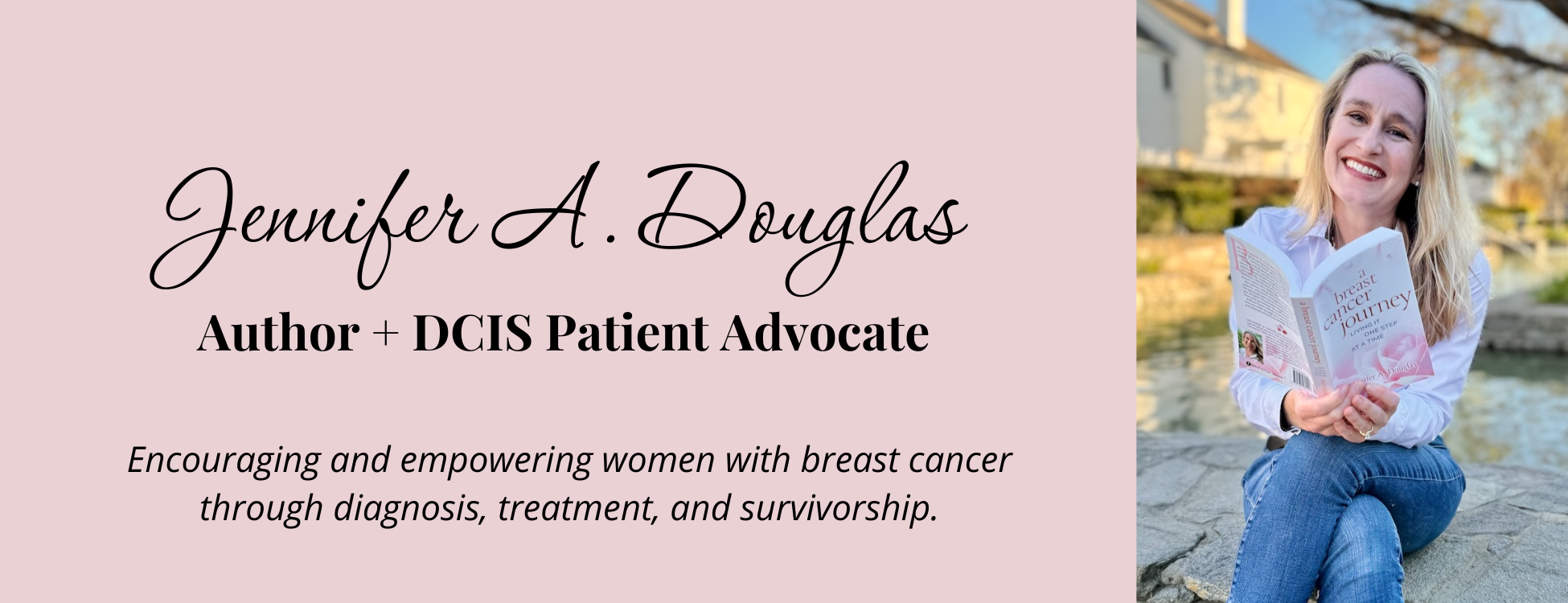
Experiencing the Power of Community with the PreludeDx Team
A Sponsored Post with PreludeDx
The energy in the room was undeniable as I stood in front of the PreludeDx National Sales team, ready to share something deeply personal—how DCIS patients come together to support each other in ways most people never see.
I wasn’t just there to give a talk; I was there to bring them inside our world—the struggles, the decisions, and the encouragement we find in our community.
Beyond the memorable experience of being a speaker, I took home unforgettable lessons about the power of community and teamwork. Most of the time, I encourage the breast cancer community online, but being in person and cultivating real-life connections was incredibly meaningful.
DCIS Support Groups: Finding My Community
In 2019, when I was going through my DCIS treatment, I didn’t have a breast cancer support community around me. My family and friends encouraged and uplifted me, but I wasn’t in any support groups. It wasn’t until I began sharing my journey online that I became aware of the broader breast cancer support community.
It didn’t take long for me to find myself inside DCIS support groups online. There, I realized that my feelings and challenges were shared among other DCIS patients. They, too, struggled with strong emotions, scanxiety, and decision-making challenges. I also learned that there were things I could have asked for during my treatment that I didn’t even know existed.
One of those was DCISionRT. I had no idea the test existed—or what it could reveal about my tumor biology, my personal benefit from radiation treatment, and my risk of recurrence. These DCIS support groups became a vital place for me—not only to connect with others who understood my experience but also to share my writing and support newly diagnosed patients.
Sharing a Peek Inside for the PreludeDx Team
I arrived at the beautiful Huntington Beach location just before my lunchtime talk with the PreludeDx team. My goal was to bring them inside the world of DCIS patient support groups—to help them understand why we gather and what our conversations look like.
Breast cancer support groups are plentiful, both in person and online. So why do we gravitate toward DCIS-specific groups?
I’ve been a member of several DCIS support groups for many years. And while I deeply value our privacy and won’t share specifics of patient commentary, I wanted to offer the PreludeDx team a glimpse into the power of patient-to-patient support.
These groups are places where we can be truly honest about our experiences. We share—without reservation—how hard it is to make treatment decisions, cope with the emotional toll of a DCIS diagnosis, recover from surgery, navigate post-surgical treatment, and deal with survivorship challenges and scanxiety.
Inside the larger breast cancer groups, we see posts daily from women who have not been diagnosed as early as we have. Their treatment pathways often involve chemotherapy or HER2-targeted medications. Some members are metastatic and will be in treatment for the rest of their lives.
On one hand, being in a large group is helpful—we can get quick answers because someone is always awake and ready to comment on our posts. But something else happens as well.
After scrolling through post after post, we might begin to question ourselves.
Is my DCIS challenge really worth posting about? Shouldn’t I just be feeling lucky that I was diagnosed earlier? Stage Zero isn’t really a big deal… is it?
Should we be authentic about our struggles, or should we keep them to ourselves?
Maybe we post our struggle anyway. Or perhaps we decide to hold it in.
Stage Zero doesn’t mean Zero Challenges.
Inside our DCIS groups, we can be real about our struggles. We support each other in making treatment decisions, and we make sure that the newly diagnosed know what to ask for.
I first learned about DCISionRT online—both on X (Twitter) and inside DCIS support groups. The more I researched it, the more passionate I became about ensuring every newly diagnosed DCIS patient knew about this test and had it offered as part of the standard of care.
Genomic testing is routine for invasive breast cancer. Shouldn’t DCIS patients have access to the same level of care?
I see posts in DCIS support groups regularly about new advancements in treatment. Over the past few years, more and more patients have been discussing DCISionRT. Since my diagnosis, another option has also emerged—babytam, a lower-dose tamoxifen for DCIS patients.
Staying connected to these conversations helps me keep a pulse on what advancements in medical research mean in the real world. When we have more choices, we can make more informed decisions—optimizing treatment for each patient, personalizing care, and improving the overall experience.
As I shared this with the PreludeDx team, I could see them leaning in. The challenges we face as patients matter deeply to them.
Becoming a Part of the Team
Prelude didn’t just bring me in to entertain them for half an hour as a token patient speaker and then send me away. As the day progressed, I was invited to learn with them, ask questions, benefit from the other featured speakers, and then participate in some afternoon team-building.
I had no idea what I was in for, but I had been told to wear workout clothes and tennis shoes.
It was a foggy and drizzly afternoon as we made our way across PCH for the activities. I was put onto the red team, and we were given a rapid-fire set of instructions for our first set of games. Think Survivor-style challenges—minus the starvation and tropical heat!
No one could win these rounds alone. We all had to find a way to work together to succeed.
Not only did I realize I was pretty good at cornhole, but I also began to think about how these team games mirrored what it takes to get through cancer.
No one superstar could win it for the team. That’s exactly how it is when we walk through breast cancer treatment.
I remember being surprised by how many medical personnel were involved in my care. Some of them I met for appointments, but there were others I never saw—people who cleaned the surgical suite, evaluated my pathology, read my MRI, or facilitated insurance approvals.
When everything worked seamlessly, my experience as a patient felt a little lighter. But when someone dropped the ball, I felt the weight of it.
As I enjoyed my time with the Prelude team during the games and later around the bonfire, I felt connected to yet another part of the DCIS community. Every single one of them cared passionately about our DCIS patient experience.
Knowing that there is a team out there advocating for us is deeply meaningful.
The Power of Community
This experience reminded me of the power of community—not just among patients, but among the people working tirelessly behind the scenes to improve our care.
I walked into the PreludeDx meeting as a speaker, but I walked away feeling like part of a team. A team that genuinely cares about the DCIS patient experience, about making sure we have access to the best possible tools, and about listening to the voices of the people they serve.
That kind of commitment matters. And I’m grateful I got to see it firsthand.
Jennifer Douglas
Jennifer Douglas is an author, patient advocate, and DCIS breast cancer survivor. After navigating her own breast cancer journey in 2019, she began writing and encouraging others who were newly diagnosed. Her resources include her book, "A Breast Cancer Journey: Living It One Step at a Time," and her online support course, "Encourage: Breast Cancer and Beyond." Jennifer also actively supports patients through her online presence and direct involvement in communities and support groups, offering guidance and encouragement every step of the way.


You May Also Like

DCIS Treatment Decisions: Radiation After My Lumpectomy
January 22, 2021
One Year Cancerversary: My Diagnosis Day
October 20, 2020
